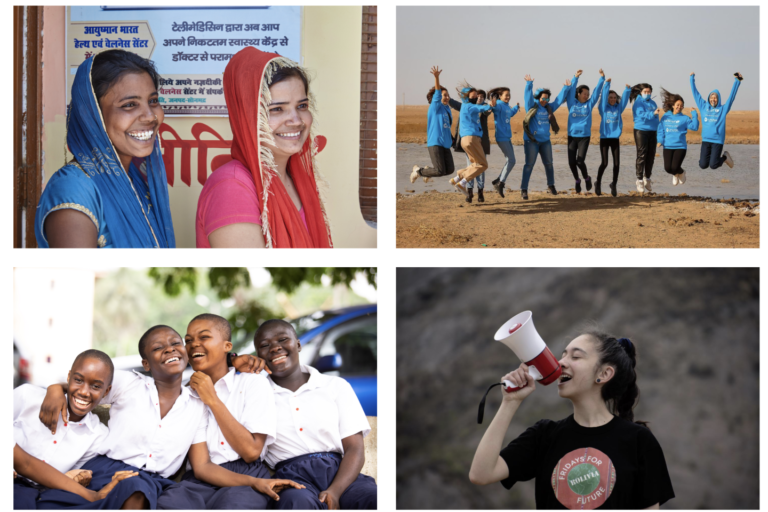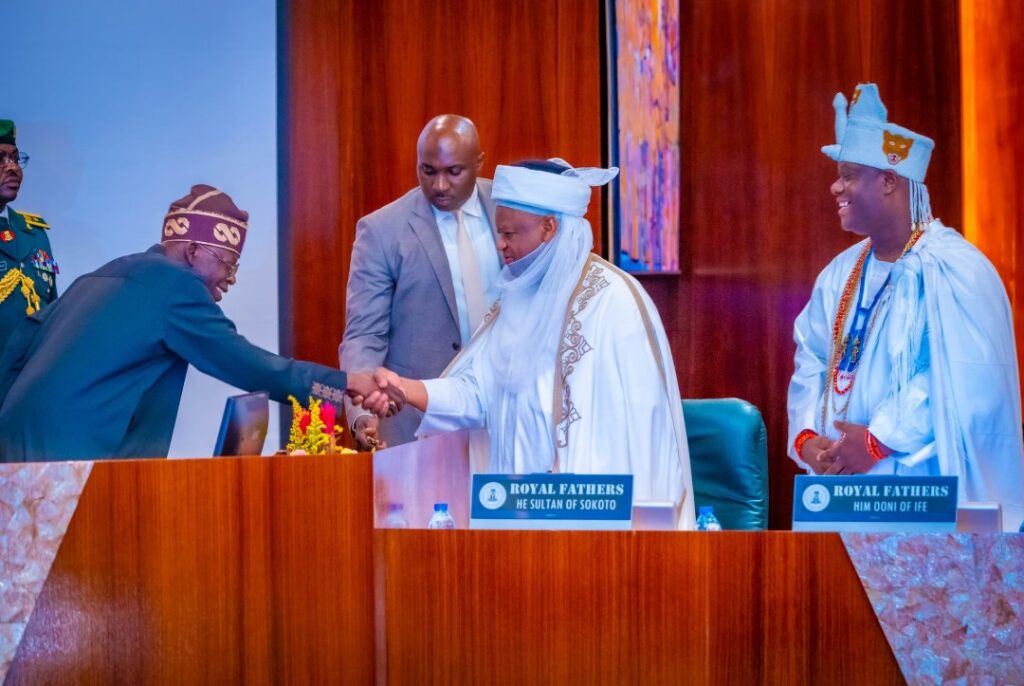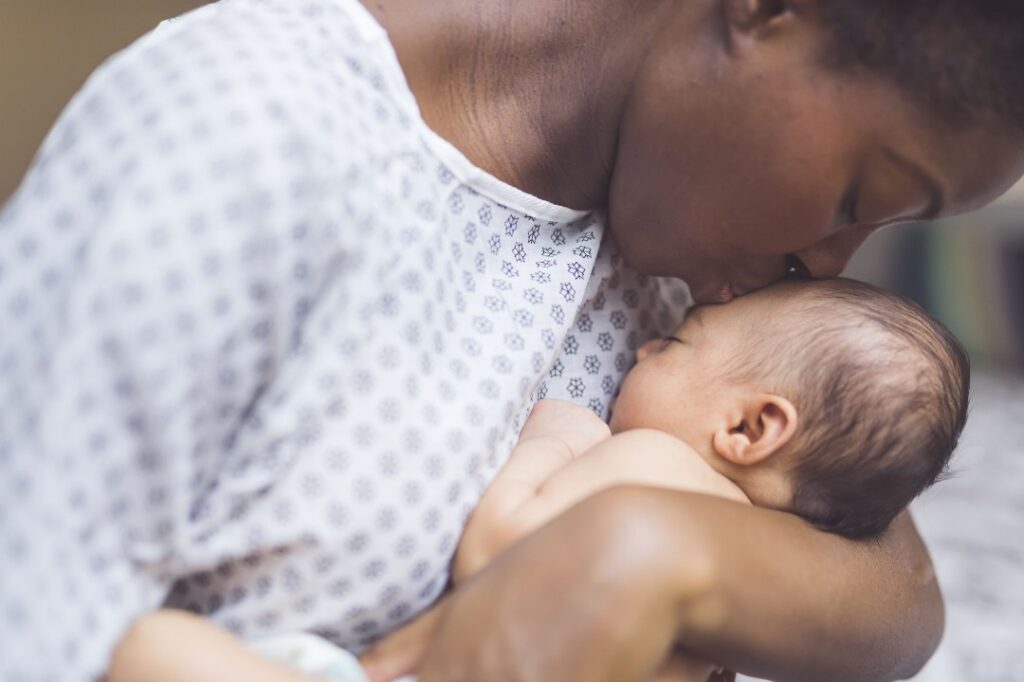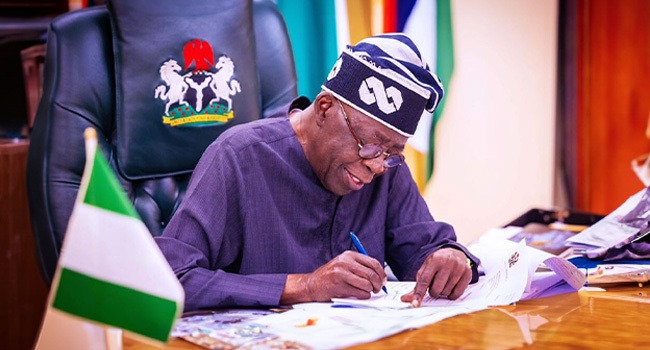International Day of the Girl Child recognizes the value, strength, and potential of young girls by promoting the expansion of their possibilities, much like its adult counterpart, International Women’s Day, which is observed on March 8.
The goal of this day is to reduce gender-based challenges that young girls encounter worldwide, such as child marriages, inadequate educational opportunities, violence, and discrimination.
Marking the 10th anniversary, of the International Day of the Girl Child (IDGC). this year will be celebrated along with the theme– Our time is now–our rights, our future.
These last 10 years, there has been increased attention on issues that matter to girls amongst governments, policymakers and the general public, and more opportunities for girls to have their voices heard on the global stage.
Yet, investments in girls’ rights remain limited and girls continue to confront a myriad of challenges to fulfilling their potential; made worse by concurrent crises of climate change, COVID-19 and humanitarian conflict.
Girls around the world continue to face unprecedented challenges to their education, their physical and mental wellness, and the protections needed for a life without violence.
Girls with disabilities face additional barriers to accessing support and services. COVID-19 has worsened existing burdens on girls around the world and worn away important gains made over the last decade.
History Of IDGC
In the history of the world, Beijing Declaration in 1995 at the World Conference on Women in Beijing was the first-ever blueprint to have identified the need for addressing issues faced by adolescent girls all around the world..
International Day of the Girl Child began as part of the international, non-governmental organization’s Plan International campaign “Because I am a Girl.” Plan International is a non-government organization which works in around 70 countries worldwide. International Day of the Girl Child was born as an idea during the campaign and grew into practice when its representatives requested the Canadian federal government to seek a coalition of supporters. Eventually, the United Nations became involved.
In the 1995 World Conference on Women in Beijing, countries adopted an action plan to support women rights and to safeguard the future of young girls internationally. With the initiative of Plan International, and other bodies also raising their voice in support of girls and women protection, it gained greater traction. It was then formally proposed by Canada to be passed as a resolution in the United Nations General Assembly.
Consequently, on December 19, 2011, the U.N. General Assembly successfully adopted the resolution of recognizing October 11, 2012, as the inaugural day of International Day of the Girl Child, which was specifically centered around the grave issue of child marriages. Each year, this day is observed with a unique theme. The inaugural theme was ending child marriage. Since then, this day has been celebrated around the world and different initiatives for girl and women empowerment have gained momentum, and each year’s theme highlights issues girls face.
Issues Faced By The Nigerian Girl Child
A combination of denied education and socio-cultural beliefs among others are obstructing the Nigerian girl child from getting prominence in the boardroom compared to their global counterpart, experts have said.
From a narrow perspective, customs and tradition are seen as tools used to limit the prospect of the girl-child through denial of education by engaging girls in early marriage among others. More broadly is the inability of the world to take a definite stand, speak with one voice and fight the menace in unison in order to liberate the girl-child wherever they are, from her disadvantage position.
The unimaginable inequality and danger that accost the girl-child in Nigeria today have risen to an alarming proportion.
Girl-child education in Nigeria has faced many challenges which include gender discrimination, cultural and religious limitations, poverty, illiteracy, among others. Education is a basic human right and has been recognised as such since the 1948 adoption of the Universal Declaration of Human Rights.
Education, especially, the girl-child education is becoming a major issue of discourse in academic and political spheres in Nigeria. Nollywood producers, radio presenters, professors, mechanics, drivers, politicians are always bringing up the issue to the public domain. Will there ever be a day in Nigeria when the girl-child will be as privileged as the boy-child with regards to the freedom to pursue their academic aspirations?
In many African traditions, the birth of the male child is more celebrated than that of a female because it is believed that the male child would keep the family name so that the lineage would not be cut off but I keep wondering if one would live for a thousand years; that is a food for thought. Consequently the female child is denied the opportunity to go school as it is considered a waste of resources.
Poverty also contributing factor makes these girls financial providers to their families. They hawk in the streets, which exposes them to the risk of road accidents. They engage in menial jobs like housemaid and lots more. All these expose them to sexual abuse.
Female children are confined to domestic chores; she is considered to be only fit for the kitchen and the house and she is not schooled because that is her role – a house keeper. This orientation makes her not to realise her full potential. Cultural missed conception is a tool that has been a hindrance to a lot of girls getting education. Illiteracy is another major challenge of girl-child education. There is poor enlightenment about the benefits of educating a girl-child and so many illiterate parents see no reason for a girl-child to go to school. Some of their reasons are if they educate her she would get married and there no benefit of her being educated.
The importance of the girl-child education cannot be overemphasised. Every child should be given the opportunity to be educated irrespective of gender as both sexes can bring equal growth and contribution to the society. According to an African proverb, “If you educate a boy, you educate one person but if you educate a girl you educate a family and nation”. An empowered woman is full of great potential, strength, courage and knowledge which she passes down to society.
Having a voice that could be heard led to reduction in the rate of domestic and sexual violence. Girl-child education produces women that easily embrace safe sex thereby reducing the level of sexually transmitted diseases and they also have knowledge of the preventive measures to avoid other diseases.
“A girl child is denied an adequate education,” said Modupeola Olatunde, a coach and counsellor who spoke on the IDGC 2022 theme. She also noted that the power of a girl child is reflected on the story she has written for herself.
Evelyn Ojo, a teacher, also spoke about the value of a girl child. She argued that certain customs and traditional beliefs that limit a girl child’s potential must be abolished. As she continued, she emphasized the need of every mother having a voice of her own not only at home but in the society as well, in order to give the girl child someone to aspire to.
A lot can be done by simply spreading the message by talking to someone and continuing to do so until every child is given the opportunity to go to school.



























